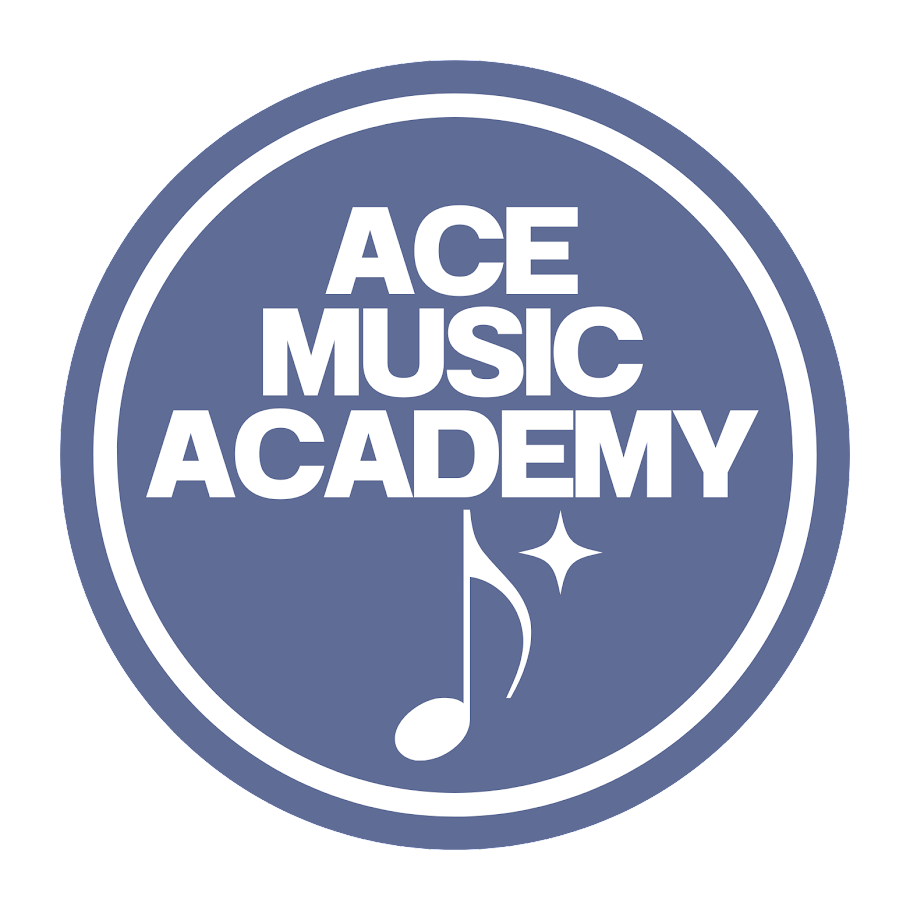Children learn to express themselves through music. Young infants sway, bounce, or move their hands in response to music, many preschoolers make up songs and, with no self-consciousness, sing to themselves as they play, children in elementary school learn to sing together as a group and possibly learn to play a musical instrument. Music plays an important role in our lives and it’s present in so many aspects of our lives: theater, television, movies, worship, holidays, and celebrations. At home, music can become part of our family cultures—a natural part of our everyday experiences.
A 2016 study at the University of Southern California’s Brain and Creativity Institute found that musical experiences in childhood can actually accelerate brain development, particularly in the areas of language acquisition and reading skills. According to the National Association of Music Merchants Foundation (NAMM Foundation), learning to play an instrument can improve mathematical learning and even increase SAT scores.
Before we give some guidance on which instruments you should get, we need to first go over why it’s vital for your child to start playing with instruments at an early age. Kids learn to express their feelings through songs. Babies and toddlers learn cause an effect when they hit a drum and hear the resulting bang or noise. “In terms of motor skills, music helps kids develop muscles in their legs and arms when they hold guitars or dance around to music. And when they stomp or shimmy or shake, they learn about balance and gain an awareness of their bodies” (Freydkin, Fatherly). In addition to the developmental benefits, simply put: music bring us joy.
“A new study by scientists at the University of Washington’s Institute for Learning & Brain Sciences (I-LABS) shows that a series of play sessions with music improved 9-month-old babies’ brain processing of both music and new speech sounds…babies in the music group had stronger brain responses to the disruption in both music and speech rhythm in both the auditory and the prefrontal cortex, compared with babies in the control group” (McElroy, University Washington).
After learning why music plays such an important role in your child’s development, replace the wooden spoon and start banging on the drums or strumming on those six strings! Below is our best recommendations on which instruments your child could start playing with. These instruments were carefully picked due to the factors of bright colors, light weight, creating the proper motor skills, and something that you as parents would like to play along side with your child!
We recommend some different toys like the ‘Lil’ Symphony Toddler Guitar’ by KidKraft, the ‘Pop! Pop! Toy Piano’ by Mirari, the ‘Oprala 2 in 1 Baby Piano Xylophone for Kids’, the wooden toy drums, and Smarkids Music Instruments Toddler Toys.
There is no downside to bringing children and music together through fun activities. We are able to enjoy the benefits of music from the moment we’re born. Just like language, music is a shared, expressive, inventive, portable way to be together. If put to work, it can be a powerful force in the lives of young children and families.


